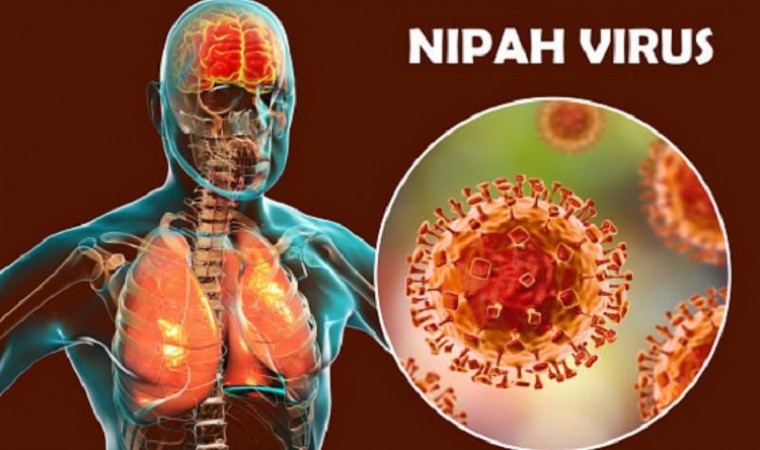
The recent outbreak of the Nipah virus (NiV) in Calicut, Kerala, has raised concerns about its potential spread. Nipah virus is a zoonotic virus, meaning it initially infects animals before jumping to humans, causing severe respiratory infections and encephalitis (brain fever). To safeguard your health and prevent the further spread of the virus, it's crucial to understand and follow precautions. Here are outlines for comprehensive precautions to help protect yourself and your community from Nipah virus.
Understanding Nipah Virus
Nipah virus was first identified in Malaysia in 1998-99, where it was named after the village where the initial cases were detected. It later spread to Singapore and other regions, causing significant outbreaks. The virus primarily spreads through contact with infected bats or consumption of contaminated food or beverages.
Precautions to Protect Yourself from Nipah Virus
Practice Good Hygiene: Wash your hands frequently with soap and water for at least 20 seconds, especially after being in public places.
Use hand sanitizer with at least 60% alcohol if soap and water are not available.
Avoid touching your face, eyes, nose, and mouth with unwashed hands.
Wear a Mask: Wearing a mask, especially in crowded or indoor settings, can help reduce the risk of inhaling respiratory droplets that may contain the virus.
Ensure your mask covers your nose and mouth completely.
Maintain Physical Distancing: Stay at least 6 feet away from individuals not living in your household.
Avoid crowded places, gatherings, and close-contact activities.
Practice Respiratory Hygiene: Cover your mouth and nose with a tissue or your elbow when coughing or sneezing.
Dispose of used tissues properly and wash your hands immediately.
Avoid Close Contact with Sick Individuals: If someone in your household is showing symptoms of Nipah virus, isolate them from others and seek medical attention.
Use Safe Food Practices: Ensure that fruits, vegetables, and other food items are thoroughly washed and cooked properly.
Avoid consuming raw date palm sap, which can be a source of Nipah virus transmission.
Protect Healthcare Workers: Healthcare professionals should use appropriate personal protective equipment (PPE) when caring for Nipah virus patients.
Follow recommended infection control measures to prevent nosocomial spread.
Stay Informed: Keep yourself updated with the latest information from local health authorities and follow their guidelines.
Precautions for Healthcare Facilities and Professionals
Isolation and Quarantine:Isolate suspected or confirmed Nipah virus patients in designated areas to prevent the spread within healthcare facilities.
Implement strict quarantine measures for individuals who have had close contact with infected patients.
Infection Control: Adhere to rigorous infection control practices, including the proper disposal of medical waste.
Use appropriate PPE, including masks, gloves, gowns, and eye protection.
Contact Tracing: Identify and monitor individuals who may have been exposed to Nipah virus patients.
Isolate and test those who develop symptoms.
Communication and Education: Educate healthcare staff and the community about Nipah virus prevention and control measures.
Maintain open communication with public health authorities.
Nipah virus is a serious public health concern, but with strict adherence to precautions, its spread can be mitigated. It is crucial for individuals to play their part by practicing good hygiene, wearing masks, maintaining physical distancing, and following local health guidelines. Healthcare professionals must also take necessary precautions to protect themselves and provide the best care to patients while preventing further transmission. Staying informed and vigilant is key to combating Nipah virus and ensuring the safety of our communities.